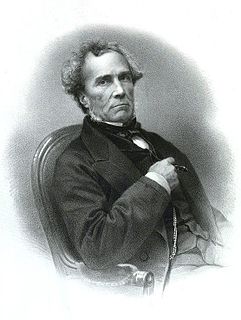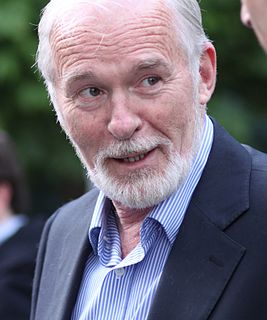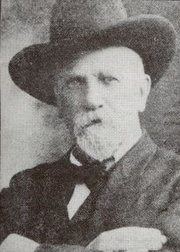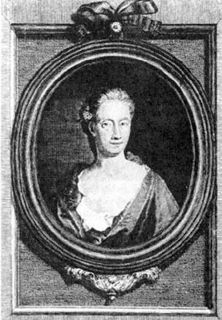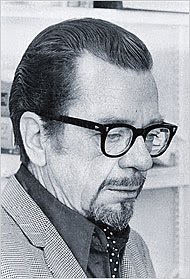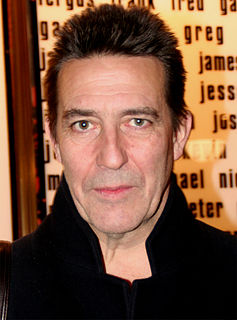A Quote by Gustave de Beaumont
I have seen the Indian in his forests, and the Negro in his chains, and thought, as I contemplated their pitiable condition, that I saw the very extreme of human wretchedness; but I did not then know the condition of unfortunate Ireland...In all countries, more or less, paupers may be discovered; but an entire nation of paupers is what was never seen until it was shown in Ireland.
Related Quotes
In his extreme youth Stoner had thought of love as an absolute state of being to which, if one were lucky, one might find access; in his maturity he had decided it was the heaven of a false religion, toward which one ought to gaze with an amused disbelief, a gently familiar contempt, and an embarrassed nostalgia. Now in his middle age he began to know that it was neither a state of grace nor an illusion; he saw it as a human act of becoming, a condition that was invented and modified moment by moment and day by day, by the will and the intelligence and the heart.
We've seen a lot of dirty politics in Ireland. We know from the French, their wonderfully neurotic presidents, that our hands are sort of tied. The Italians - I don't know where it stops. No nation can claim "We are an uncorrupt nation, therefore we will tell you what the morals of democracy are." Because it's going on everywhere.
And because the condition of Man, (as hath been declared in the precedent Chapter) is a condition of Warre of every one against everyone; in which case every one is governed by his own Reason; and there is nothing he can make use of, that may not be a help unto him, in preserving his life against his enemyes; It followeth, that in such a condition, every man has a Right to every thing; even to one anothers body.
I don't think we in Ireland have to follow slavishly what other countries have done. Ireland has its own strengths - in family life, in the local community, in the concept of meitheal, a very traditional form of cooperation in rural Ireland. Three or four or five neighbors get together, exchanging labor, farm equipment, and so on. There are strong solidarity overtones. That tradition is being translated today into community self-development.
